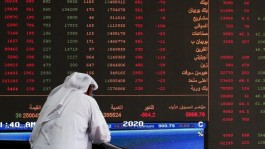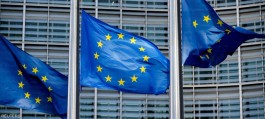Questions have been raised recently about whether the Abu Dhabi Islamic Bank is the sixth bank in the capital seeking to integrate, after sources revealed that it is studying strategic options for its business, including plans for the merger.
According to the sources, the bank entered into initial discussions with financial advisors to search for options to merge with a larger banking entity or to acquire a smaller financial bank.
The sources indicated to Bloomberg that the bank prefers the option of acquiring a banking entity rather than being acquired.
This news comes after the announcement of plans to merge 3 banks in Abu Dhabi, namely Abu Dhabi Commercial Bank and United Arab Bank in addition to Al Hilal Bank.
The Emirate of Abu Dhabi is working to formulate mergers to maintain its competitiveness and enhance efficiency and returns, especially after the success of the merger of Abu Dhabi National Bank and First Gulf.
The Emirati banking sector consists of 22 national banks and 39 foreign banks with their branches, bringing the total branches to 753 branches.





































